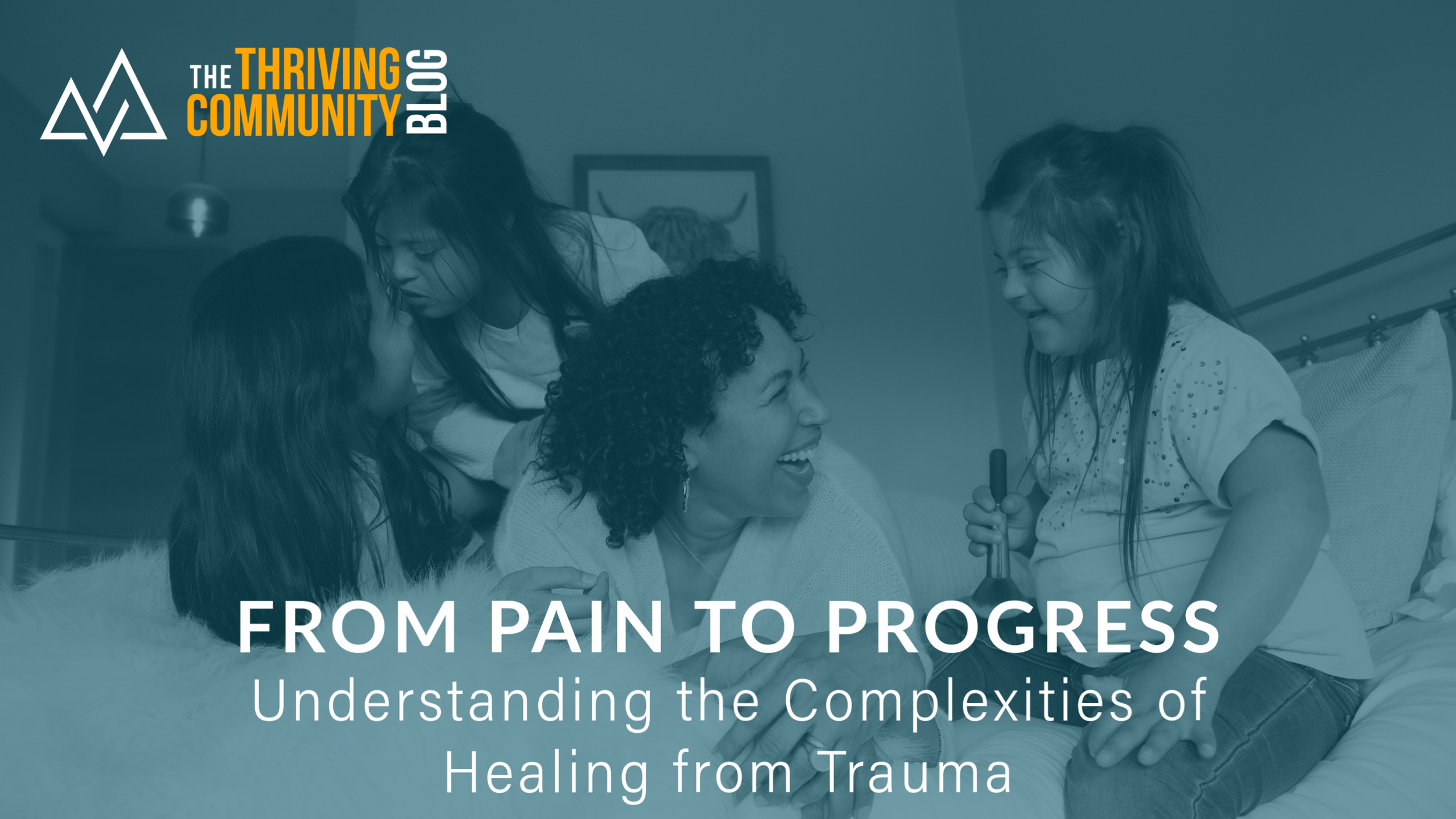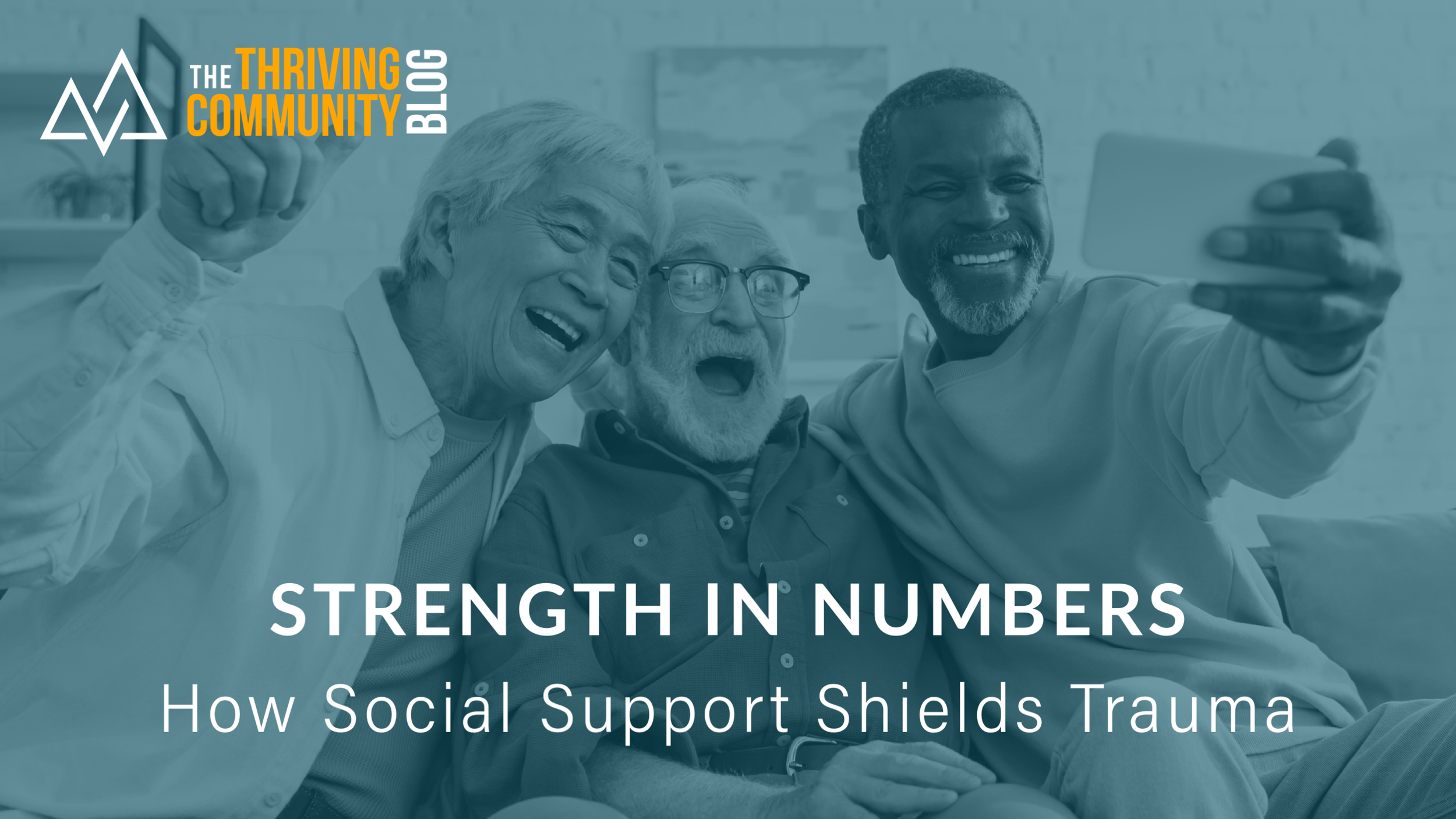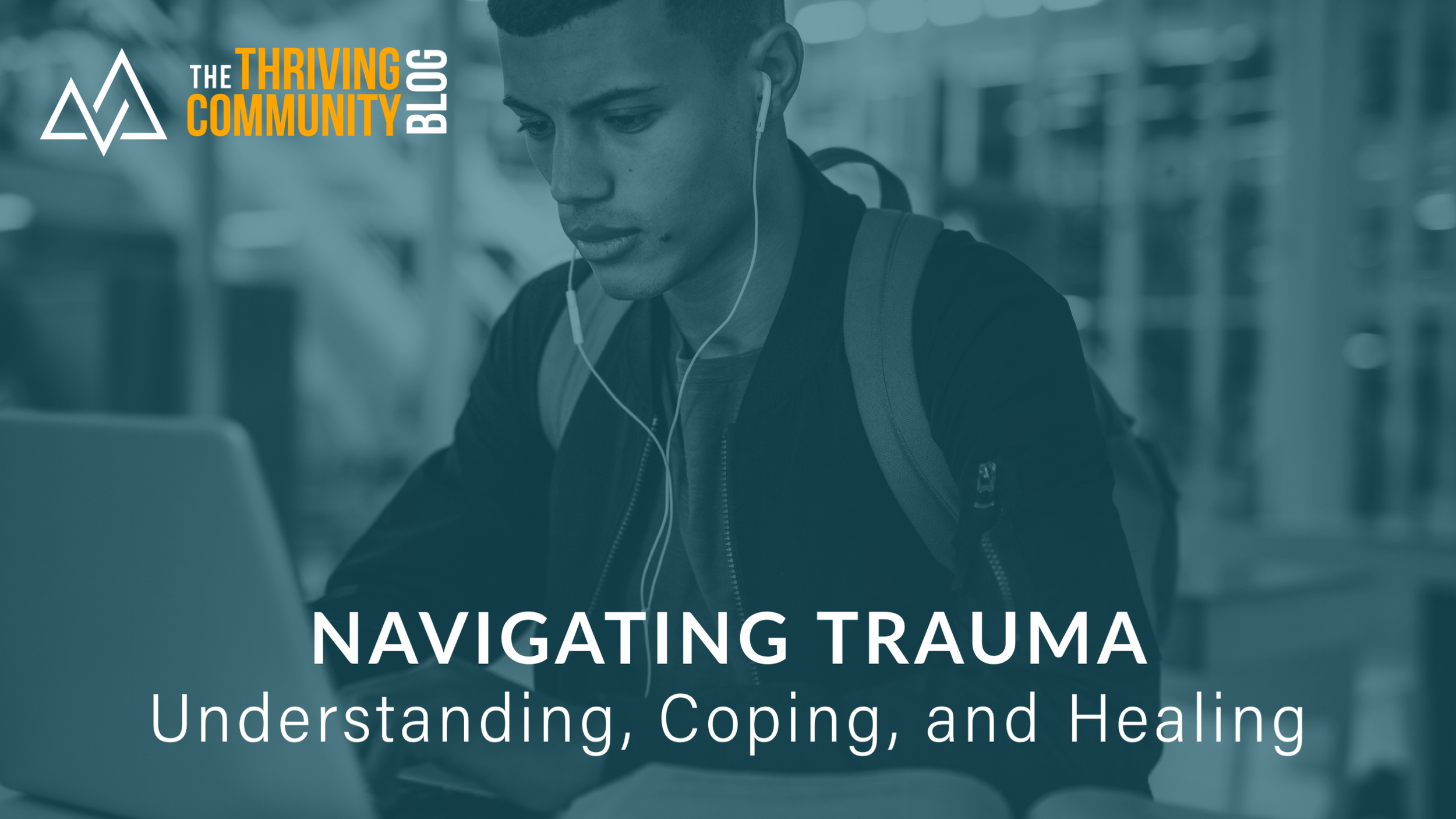
the Thriving Community
From Nice to Authentic: Why Being Too Nice is Ruining Your Relationships
Being "too nice" might seem like the key to a happy relationship, but it often leads to hiding your true self. Real connection isn’t built on avoiding conflict or always agreeing—it’s built on honesty and authenticity. True intimacy comes from showing up fully and embracing both your needs and your partner’s, even when it’s uncomfortable.
From Stigma to Strength: Redefining Crying
Victor Hugo wrote in Les Misérables, “Those who do not weep, do not see.” This captures the essence of crying as not just a release but a means of truly seeing and understanding our emotions, ourselves, and the world around us. From our first moments as infants, tears are our primary form of expression, conveying needs and emotions from discomfort to joy. However, as we grow, societal stigmas and personal experiences often teach us to view vulnerability and crying as signs of weakness.
But what if we changed our perspective on tears? Rather than viewing them as a weakness, we could see them as a testament to our humanity, a bridge to deeper understanding and connection. Reflect on the times when crying brought you relief or deepened a relationship.
How might embracing tears more openly change your life? What would it feel like to let those emotions flow freely without fear of judgment? As we delve into the significance of emotional vulnerability, let's consider how allowing ourselves to cry can not only enrich our connections with others but also enhance our personal growth.
From Pain to Progress: Understanding the Complexities of Healing from Trauma
Trauma is not just an event from our past; it's a lingering presence that, by definition, shapes our present and clouds our future. It's a silent companion, a shadow that follows us wherever we go, whispering reminders of pain and suffering. Like a heavy burden weighing down our spirits, trauma casts a dark cloud over our lives, obscuring our path and leaving us feeling lost in a maze of emotions.
Strength in Numbers: How Social Support Shields Trauma
In this article, we will discuss the incredible power of social support in helping us weather life's storms. As a mental health therapist who's been practicing for over ten years, I've seen firsthand how having a strong support team can make all the difference, especially when it comes to dealing with trauma. So buckle up because we're about to dive into how our attachment to others can be our greatest asset against life's toughest challenges.
From the Cradle to Today: Childhood's Trauma Shadow
Have you ever considered how your childhood experiences might still affect you today? It's a heavy topic but an important one. You see, the things we go through as kids can cast a long shadow over our adult lives, shaping how we think, feel, and interact as we see the world, others, and ourselves. In this article, we are going to take a small dive into the complex world of childhood trauma. If this article becomes too heavy, take a break and do some self-care by going for a walk or talking with a friend.
Navigating Trauma: Understanding, Coping, and Healing
In this concise article, we aim to shed light on a particular aspect of therapy that has gained significant attention in recent years. Before we proceed, it's crucial to ensure we're all on the same page regarding the concept of trauma. Let's take a moment to establish a common understanding of what trauma entails.
Trauma Bonding: Understanding Emotional Attachment to Toxic Relationships
Have you ever found yourself unable to leave a relationship even though you know it's toxic? You may be trauma-bonded to the person, meaning you have developed an emotional attachment to someone who abuses you. This bond can occur in relationships with a partner, parent, sibling, or friend.







